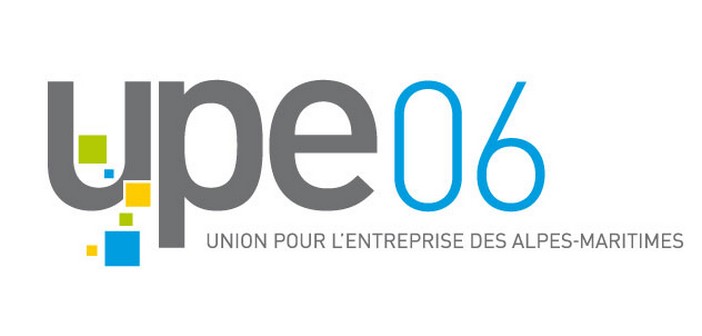After 18 months of guidance towards CSR, it’s time for the assessment of Performance Globale Paca-Est, a program launched by UPE06 and its partners.
In 2012, UPE06 and its president Yvon Grosso created Performance Globale 06, aimed at supporting 20 SMEs in the department over nearly two years in their approach towards corporate social responsibility (CSR) and carbon strategy.
Building on the success of this first edition, they renewed the initiative in 2014, expanding it to the departments of Var and Alpes-de-Haute-Provence. Among the new features of Performance Globale Paca-Est (PGPE) are energy transition and innovation.
The goal? To prepare SMEs for new market expectations by developing performance, competitiveness, and attractiveness; motivate the region to engage; generate an ecosystem dynamic by creating links between stakeholders in the region by developing new opportunities or improving through exchange while reconciling economic performance, social progress, and environmental respect.
UPE06, the project leader, was supported by public and private partners* to assist local businesses. Twenty-five companies, of various sizes and sectors (services, industry, trade, distribution), participated in the second round of the program, convinced that CSR is a growth driver.
Of the 25 SMEs, 24 followed the guidance for two years, demonstrating a high level of commitment. 23 of them completed the journey and 21 produced a CSR report that was certified by an independent third party.
Based on 23 SMEs, there is a positive socio-economic dynamic with an increase in overall turnover (12.9 million euros) and job creations (+84) during the 2014/15 period.
Eight SMEs benefited from specific HR support, and 60% of the SMEs (i.e., 15 out of 23) saw their workforce increase in 2015; 84 jobs were created in 2015 (compared to 2014), and for 2016, the SMEs plan to create 90 jobs compared to 2015.
The Performance Globale Paca-Est program helped develop actions in favor of waste valorization and energy efficiency.
Another positive point is that before registering for the collective operation, few companies were involved in social or environmental commitments in their professional, internal, or economic environment (clients, funders, and tenders).
Links were also established between mentors and SMEs. This feedback shows the particular interest in a collective project that creates connections in a territory to break isolation and develop business and skills synergies. Thus, between 2014 and today, 21 SMEs from PGPE established 39 links with PGPE SMEs, 5 with SMEs from Performance Globale 06, and 19 with mentors.
Concretely, Performance Globale Paca-Est resulted in an average of 105 recommended actions per SME, with more than 90% of the actions adopted by the SME. 15 SMEs signed the RFR Charter; 11 SMEs joined the Global Compact; 6 SMEs signed thematic charters (diversity, parenting, CO2…); 7 SMEs signed sectoral charters; 11 SMEs signed local charters (Businesses and Neighborhood, Regional CSR Path “Performant and Responsible in Paca”).


